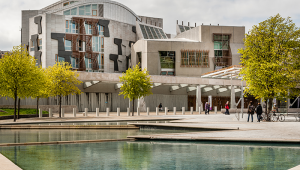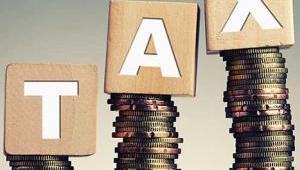Facebook, Google and Amazon, will be taxed 2% on the money they make from UK users, Philip Hammond told the Commons today in his Budget speech.
“It is only right that the global giants pay their fair share,” the chancellor said.
Hammond said today at the Commons that the new “narrowly targeted” digital services tax would come into effect from April 2020 from profitable companies that make more than £500m in revenue a year globally.
It is intended that the tech giants, rather than start-ups would “shoulder the burden of this new tax”, he announced.
The 2% tax will only apply to UK generated revenues and will not act as a sales tax on goods sold on the internet, which consumers would pay, the chancellor said.
He added that he would consult on the new tax and continue to talk to the OECD and G20 about a joint solution that could replace the UK digital services tax.
The announcement comes as the international community, such as the OECD and other organisations, are doing work to look at how to tax multinational technology companies, which have been accused of not paying enough taxes of their profits.
During the Budget statement, Hammond said the government would consult on a plastic packaging tax for April 2022, to “transform the economics of sustainable packaging”.
“We will introduce a new tax on the manufacture and import of plastic packaging which contains less than 30% recycled plastic,” he said.
Hammond also announced that he would increase the higher rate threshold for income tax to £50,000 in April 2019, which means that 1 million fewer people will pay the higher rate of 40%, than three years ago.
This is an increase from £46,350.
He also announced that the tax-free personal allowance would be increased to £12,500. This is an increase of £650 from the previous amount people could earn before paying income tax.
Hammond explained the raising of these thresholds were a year early as the government made a manifesto pledge to increase the allowance and threshold by 2020-21.











